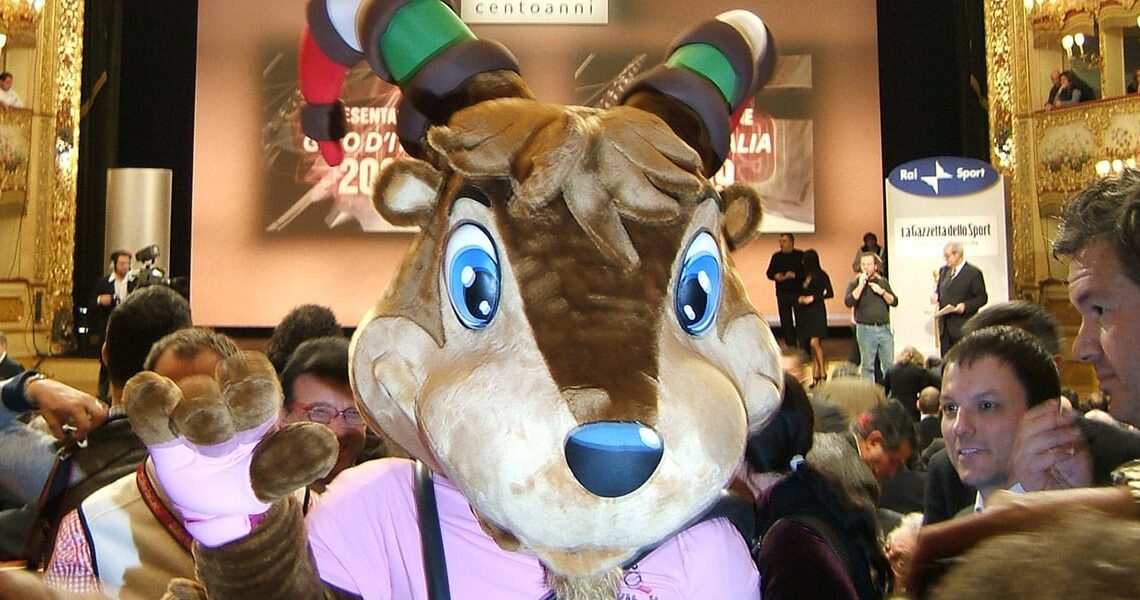
Animals have become an important part of sports experiences and the fans and athletes. Loyal and indispensable, their symbols of strength, agility, and cultural identity are exhibited in everything from live animal mascots which bring traditions to life to entire sports built around animal participants. This article explores how animals work in sports, their cultural importance, and their ethical implications.
If you want to please your pet or take care of your health but don’t know where to start, consider trying the Basepaws store with a DNA test for cats or dogs. And to ensure it’s the right choice for you, you can read a Basepaws review.
Mascots: Increasing Team Spirit and Identity
Mascots are a big deal in sports culture, they stir up fan support and represent a team’s spirit. Mascots are a popular choice because animals, real or represented in caricature, represent such qualities as strength, agility, loyalty, or ferocity.
That is what the Philadelphia Phillies do with the Phillie Phanatic, a green, furry creature who was inspired by birds to entertain fans and distract opponents. The Baltimore Orioles’ Oriole Bird is the team namesake and way of engaging audiences at Major League Baseball games.
Animal-inspired mascots reside at home in American football, in the NFL. Rise and Conquer, the Baltimore Ravens’ live ravens, attend games to stand in as the team’s homage to Edgar Allan Poe’s famous poem. The Denver Broncos’ Thunder II, Arabian horse then strides onto the field after touchdowns, while cheering the fans, and reinforcing the team’s roughest spirit, are other examples.
Live Animal Mascots: Traditions and Controversies
Live animal mascots are a tradition for many teams, but they’re not completely controversy-free. Horses, birds, or dogs are live mascots that help increase the authenticity and the excitement of the fan experience. But that doesn’t stop heated debates about animal welfare.
Some people agree the Denver Broncos’ Thunder II added excitement to a game through a live mascot. But other cases show the difficulty of using live animals. The animal rights group PETA criticized an Australian Football League (AFL) team, the Western Bulldogs, in 2024. Warning health concerns common to brachycephalic breeds, like breathing difficulties and joint problems, the organization is calling for the Bulldogs’ live mascots Caesar and Sunny to retire. The team was even told by PETA to retire the name and adopt the moniker Western Mutts to promote healthier mixed-breed dogs.
The issue of balance between tradition and the proper treatment of animals, this debate underlines, is part of a growing campaign. Some fans love to see live mascots working their magic during the game while others believe it’s an unwelcome burden on the animals.
Team Names Inspired by Animals: Symbolism in Sports
In fact, many sports teams use animal-inspired names to extend certain traits. An animal name gives teams like the Atlanta Falcons, Philthy Eagles, and the Cincinnati Bengals a fun way to evoke images of speed, ferocity, and freedom. Such picks resonate with people and also benefit the teams’ identities.
In other cases, animal names are a tribute to national heritage. In the case of Australia, the national rugby league team – The Kangaroos, and the Wallabies, the national rugby union team. The teams also reflect the area’s native wildlife, names that honor the continuity of these teams and their resilience and agility.
Animal Participants in Sports: Active Roles and Unique Traditions
In sports events where the animals are the main participants, the animals also take center stage. They use these events to diversify their physical abilities, often in the service of philanthropy or amusement.
Puppy Bowl is one popular example of airing on the annual Super Bowl Sunday. This merits every bit of the lighthearted feel of the event; teams (Team Ruff and Team Fluff), puppies, and compete in a playful reenactment of football. The Puppy Bowl serves a dual purpose: It is to entertain audiences and to raise money for animal adoption.org. The show turned into a veritable favorite for viewers seeking wholesome sporting offers.
Horses cannot only move but excel in the equestrian sports. Their speed, agility, and close bond between animal and human counterparts come to the fore at events such as show jumping, dressage, and racing. Dog sports like agility trials and sled dog racing illustrate canine intelligence and athleticism in much the same way.
This Cultural Significance and Ethical considerations
Cultural traditions fuelled by the use of animals in sports are a reflection of the society’s creed. This rich tapestry of live mascots, animal-inspired names, and events featuring animal competitors build a connection between fans and their teams and sports.
But just like the relationship between states and the people they govern, an ethical responsibility is attached to this relationship. The criticisms the Western Bulldogs have endured show you need to have animal welfare in sports. PETA believes that traditions should leave no room for the health and well-being of an animal. To address this problem, some teams have also chosen to alienate themselves from live mascots or found ways to enhance the conditions in which their animals are housed.
Assessing whether they respect the animals’ well-being while ensuring the preservation of the rich cultural heritage cities is what the teams and organizations need to do. This allows sports to celebrate the special bond between people and animals while still honoring, and continuing to do so, the wonderful relationship between human and beast.
The post Mascots, Traditions, and Ethical Debates About Animals in Sports appeared first on PezCycling News.



